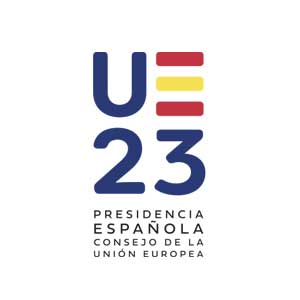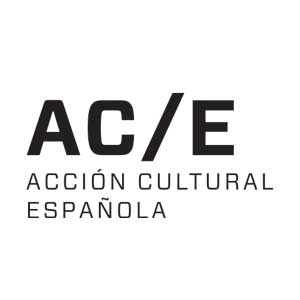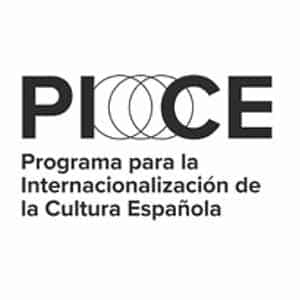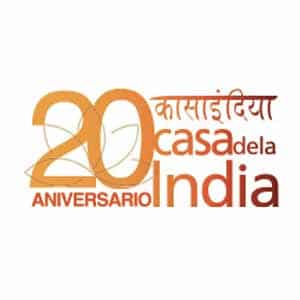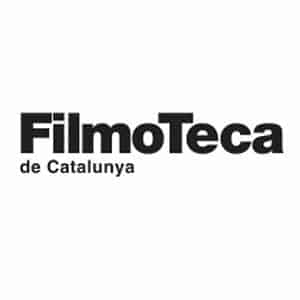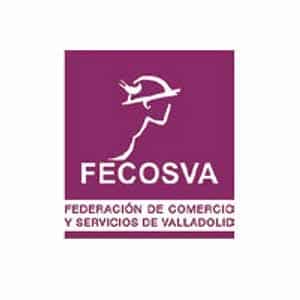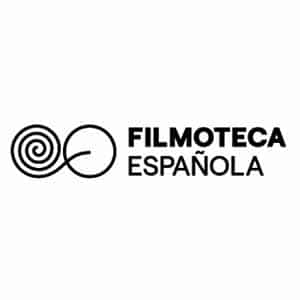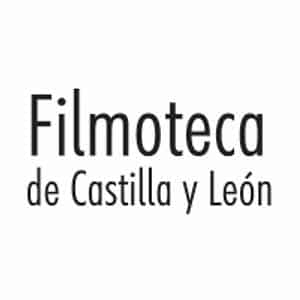The International Film Festival of Valladolid (Seminci) will give, in its 68th edition, special prominence to short films with the programming of five exclusive sessions that will show the 26 selected works in the Official Selection, Meeting Point, History Time, and La Noche del Corto Español (The Night of the Spanish Short Film).
This commitment seeks to give them the space they deserve, given the importance that short films have historically had at Seminci. Proof of this is the international pool of short filmmakers forged at the festival and whose incursions into the world of feature films can also be enjoyed in the program of the 68th Seminci, such as La Chimera, La Imatge Permanent or Malqueridas, by Alice Rohrwacher, Laura Ferrés and Tana Gibert, respectively.
The Official Selection of the 68th Seminci will screen, in two sessions, eleven titles with a clear European flavor and nods to America and Japan. In the field of animation, the French and Hungarian production 27, by Flóra Anna Buda, which arrives at the festival with the Cannes Palme d’Or under its arm, stands out, as well as Eeva, by Lucija Mrzljak and Morten Tšinakov (Croatia, Estonia), the narration of a wake around a table, and Wander to wonder, a stop motion fiction piece produced by the Netherlands, Belgium, France and the UK in which Nina Gantz brings to life a group of puppets from a children’s program who continue their work despite the death of their creator.
The Seminci audience will be able to enjoy five short fiction films: the comedy Nada de todo esto, a Spanish-Argentine co-production in which Patricio Martínez and Francisco Cantón adapt the story of the same name by the renowned and award-winning writer Samanta Schweblin, and four other works characterized by their commitment to risk and audacity. These are Krokodyl, the horror film with which Polish director Dawid Bodzak competed in the Cannes Critics’ Week; the Portuguese short Sonido: Ivans & Tobis, by Diogo Baldaia, the story of a group of boys who undergo a grueling sound experience; Howling, a work in which Aya Kawazoe adapts a story by Hyakken Uchida about a man who sees his own face in his brother’s corpse; and Lemon Tree, by Rachel Walden, a drama about a visit to a fair turned into a road movie on Halloween.
Non-fiction also has its place in the Official Selection, which programs the Spanish short film Aitana, by Marina Alberti, granddaughter of Rafael Alberti and María León, who takes a journey through the ghosts of her family conceived as an allegory of an entire country; Jill, uncredited, a British production with which Anthony Ing seeks to pay tribute to the profession of extras, and the French Ardent Other, by Alice Brygo, which reconstructs in 3D the shock of the fire in the mythical cathedral of Notre Dame.
India disembarks at Meeting Point
The 68th edition of the Festival will screen five short films from different latitudes, including India, a country from which Last Days of Summer, by Stenzin Tankong, focused on the environmental changes faced by a rural community in the Himalayas, will be screened, as well as Nocturnal Burger, by Reema Maya, co-produced with the United States, which deals with the true story of a man and a girl taken to the police station on a rainy night in Mumbai.
The European presence will be held by Heartbreak Hotel, by Emma Axelroud Bernard, a French work about five women who try to get rid of the corpse of the lover of one of them in a hotel; the Italian Z.O., by Loris G. Nese, which refers to the so-called Eastern Zone of Salerno, a space marked by organized crime and entrenched conflicts, and the Portuguese production Almost Forgotten, by Dimitri Mihajlovic and Miguel Lima, which delves into the importance and fragility of memory and the loss of remembrance.
The Night of the Spanish Short Film, framed in Punto de Encuentro, will have its usual prominence in the 68th edition, in which lovers of short films with a national stamp will be able to enjoy Trenc D’Alba, by Anna Llargués, born as a final degree project at the ESCAC that deals with the difficulty of facing changes; Meteoro, by Víctor Moreno, the story about a searcher of meteorite remains, and Las invasiones biológicas. The case of the Ovis orientalis musimon on the island of Tenerife: “The last mouflon”, by Omar Razzak and Shira Ukrainitz, about the struggle for survival of a young mouflon in Tenerife.
The selection is completed with Die Donau, by Jaume Claret Muxart, born from the travel book The Danube, by Claudio Magris, and the Spanish-British co-production Lost at Sea, by Lucija Stojevic and Andrés Bartos, about the persecution of the Rohinyá ethnic group in the former Burma.
Identity, nature and memories in History Time
The non-fiction section of the 68th Seminci also programs five short films in an exclusive session in which visitors will be able to enjoy works on themes such as identity, nature and memories, among others.
The selected titles are Alpha Kings, a U.S. production by Faye Tsakas and Enrique Pedráza-Botero, which shows how exacerbated masculinities reveal how identity and sexuality bend, at the click of a button, to the laws of the market; Bleu Silico (France), by Eloïse Le Gallo and Julia Borderie, which films the experiments of researchers who inject DNA from photosensitive algae to repair the retina of the human eye, and Ours, a Swiss work by Morgane Frund that poses a metacinematographic reflection on the violence of certain gazes and voyeurism.
The Spanish productions La casa oberta, in which Julia Lasarte traces the memories of her family through home recordings, and Ruinas futuras, by Elvira Arbós Ortega, Carolina Sánchez Hernández, Ran Chen and Francisco Armenteros Sánchez, the story of the jewelry stored in the rooms of a college.
The selection of shorts of the 68th Week is completed with the five already known titles of Castilla y León en Corto: El rey de la semana, by David Pérez Sañudo; Rubio cobrizo, by Palencia filmmaker Pablo Quijano; Nudo, by Herminio Cardiel; Velado, by Carlos C. Insuela and Carla Voces, and Alegre y olé, by Clara Santaolaya, as well as El cuñao, by Javier Canal Díez, programmed out of competition.





















